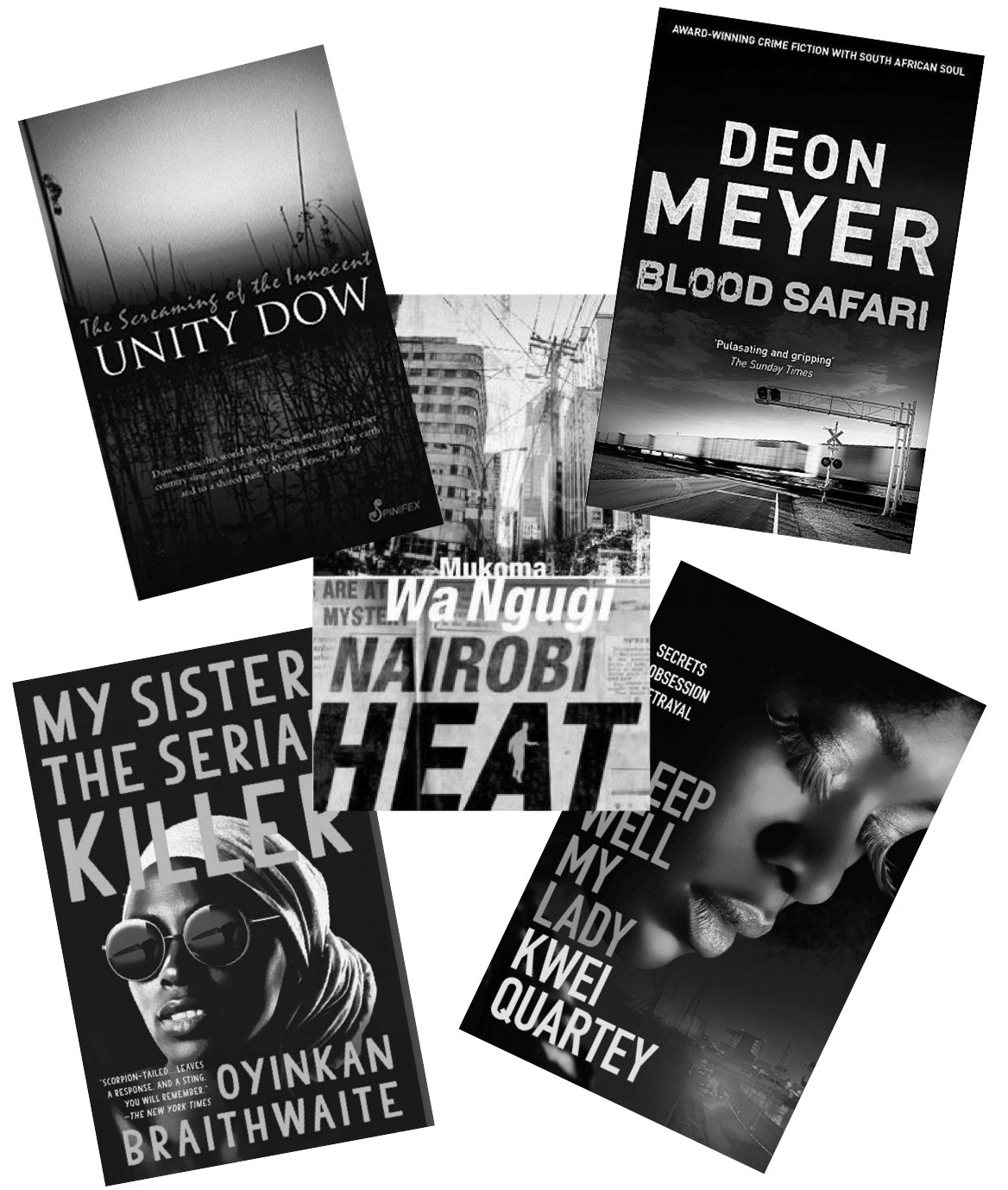
As early as the 1970s, crime fiction became a “legitimate” interest in international literary studies, although it arguably took another two decades before crime fiction became a regular feature in teaching and research. Although African crime fiction dates back at least to the 1960s, it took even longer before it attracted significant scholarship and classroom interest, and even today there are critical reservations with regard to a genre that some critics still regard as inherently “Western”.
Our seminar will delve into the history and theory of crime fiction,
investigate two major generic models that dominated the study of crime
fiction until the early 2000s (the “British” whodunnit and “American”
hardboiled detective fiction), and turn in Representations of indigenous
people (i.e. population groups that were subjugated and marginalized in
processes of colonization and settlement and turned into minorities in
lands they had inhabited for centuries or millenia) have a long history
in literature and other media reaching back to the very beginnings of
colonial encroachment. For much of this time, indigenous cultures and
societies were represented by those who colonized them, and even today,
there is a legacy of colonialist and racist signification practices that
makes its presence felt in contemporary culture. At the same time,
indigenous writers and artists have voiced indigenous concerns and
disseminated indigenous perspectives for many decades, so that there is
now a rich and diverse history of indigenous literature, art, theatre –
and cinema. This seminar will look at the work of indigenous film makers
from Canada, Australia and New Zealand and will explore the diversity
of indigenous film making. We will discuss the politics of indigenous
cinema and analyse very different aesthetic modes of “doing indigenous
film”, ranging from avantgarde styles employing oral modes of narration
to social drama and comedy.
- Trainer/in: Clara Hebel
- Trainer/in: Frank Schulze-Engler
